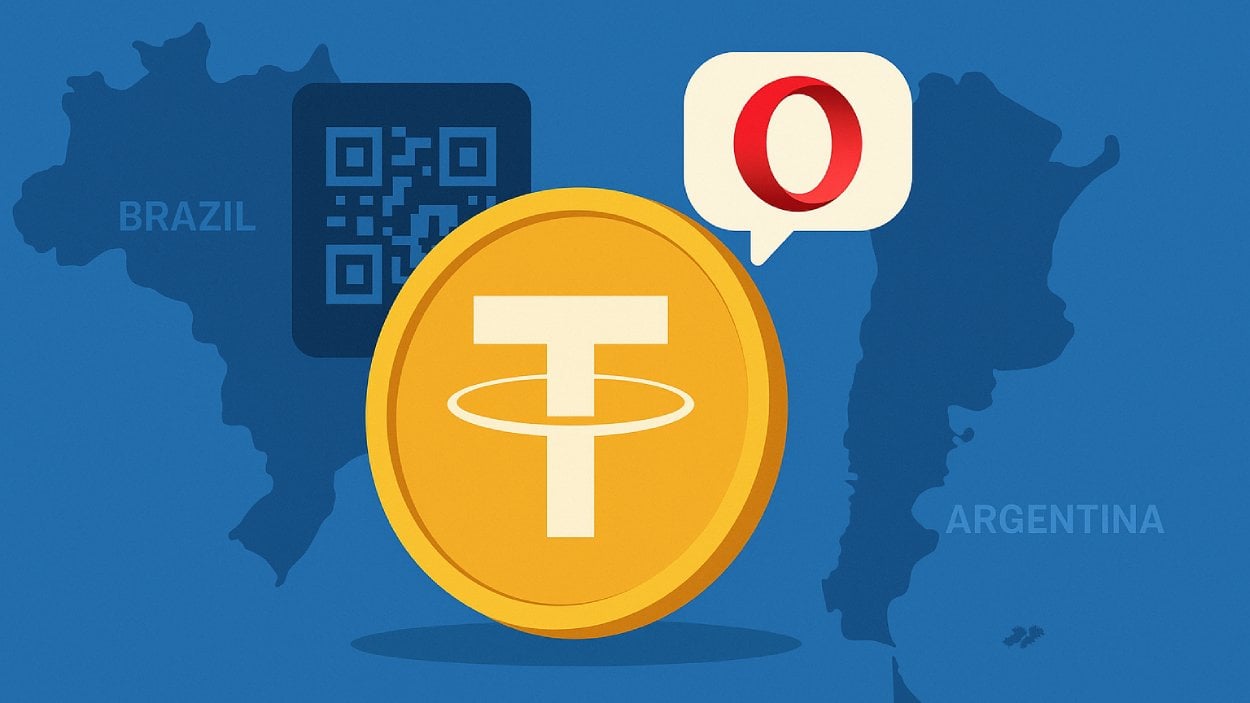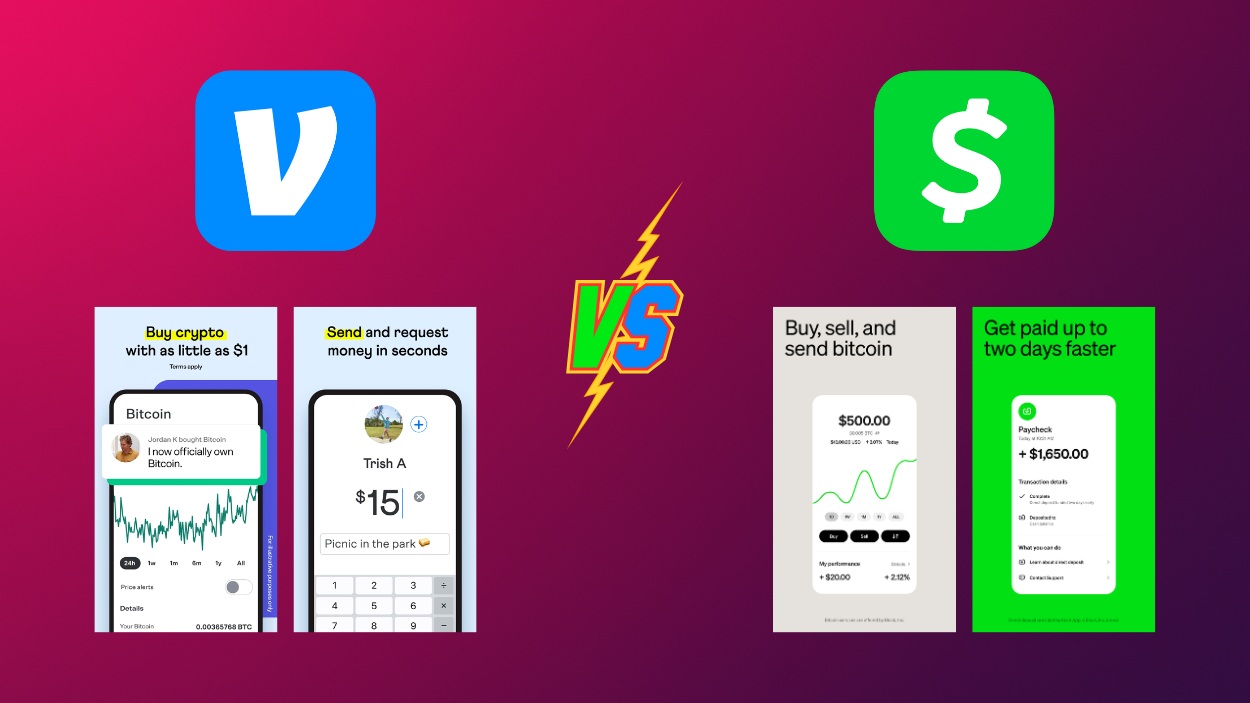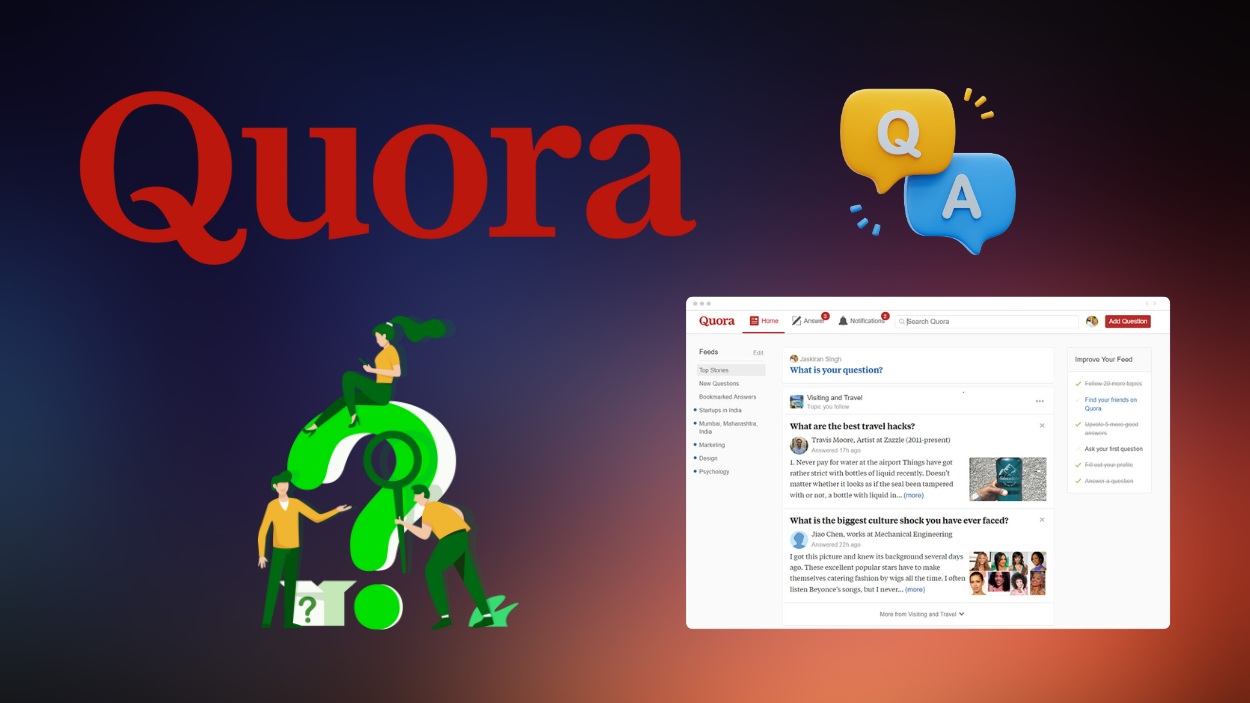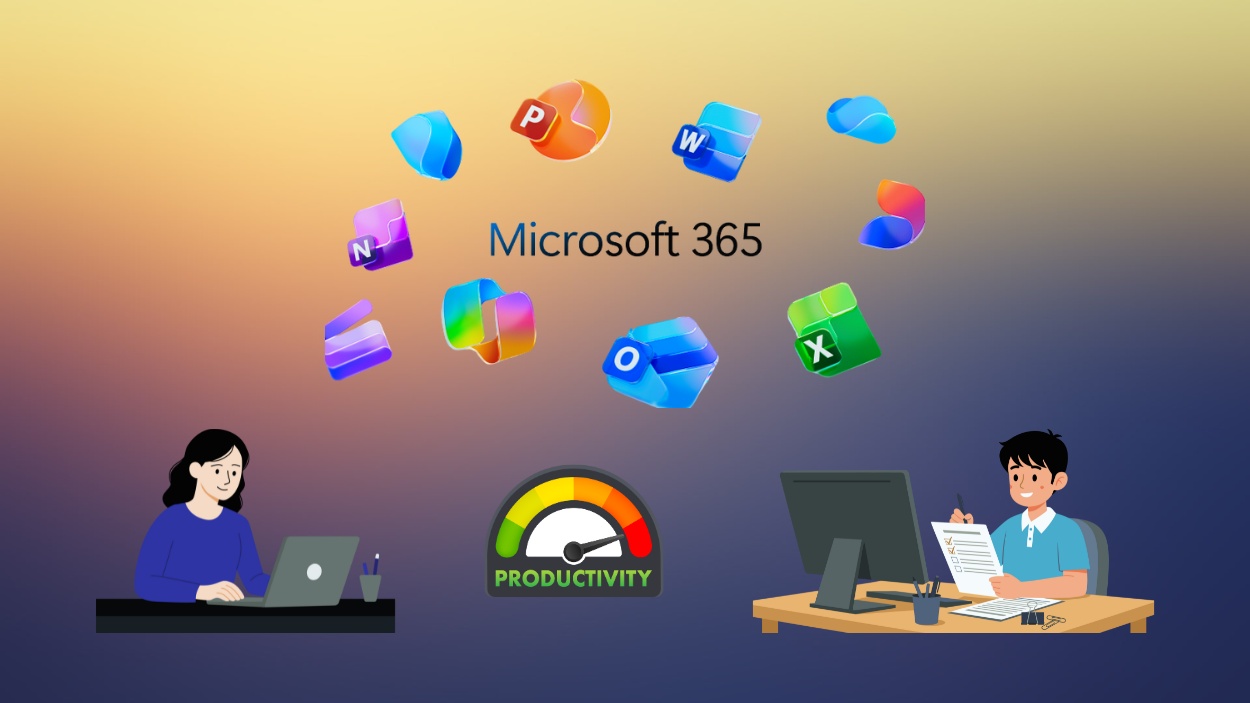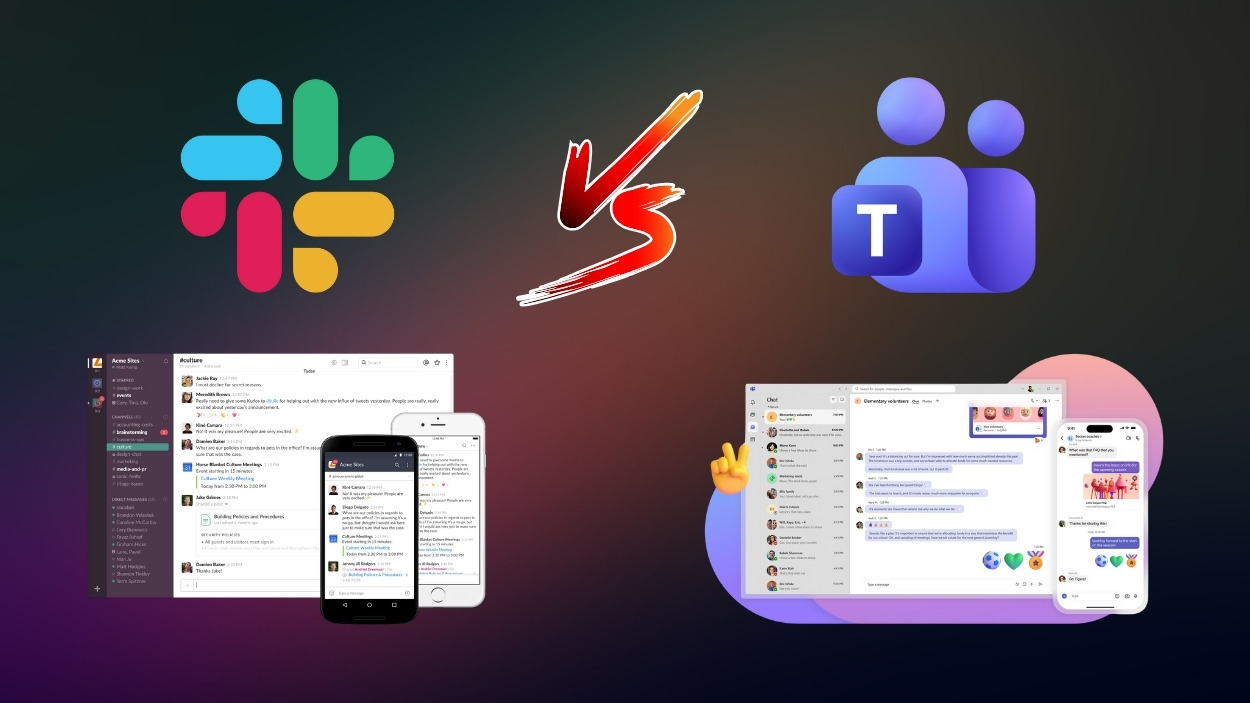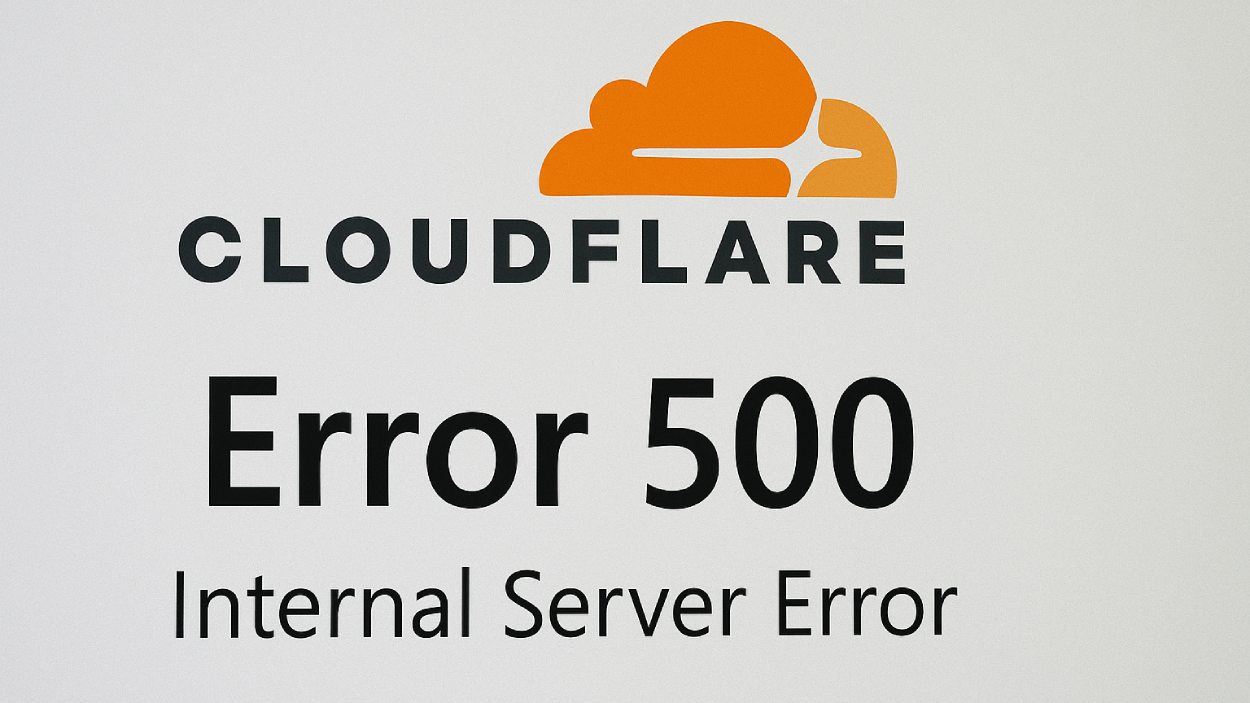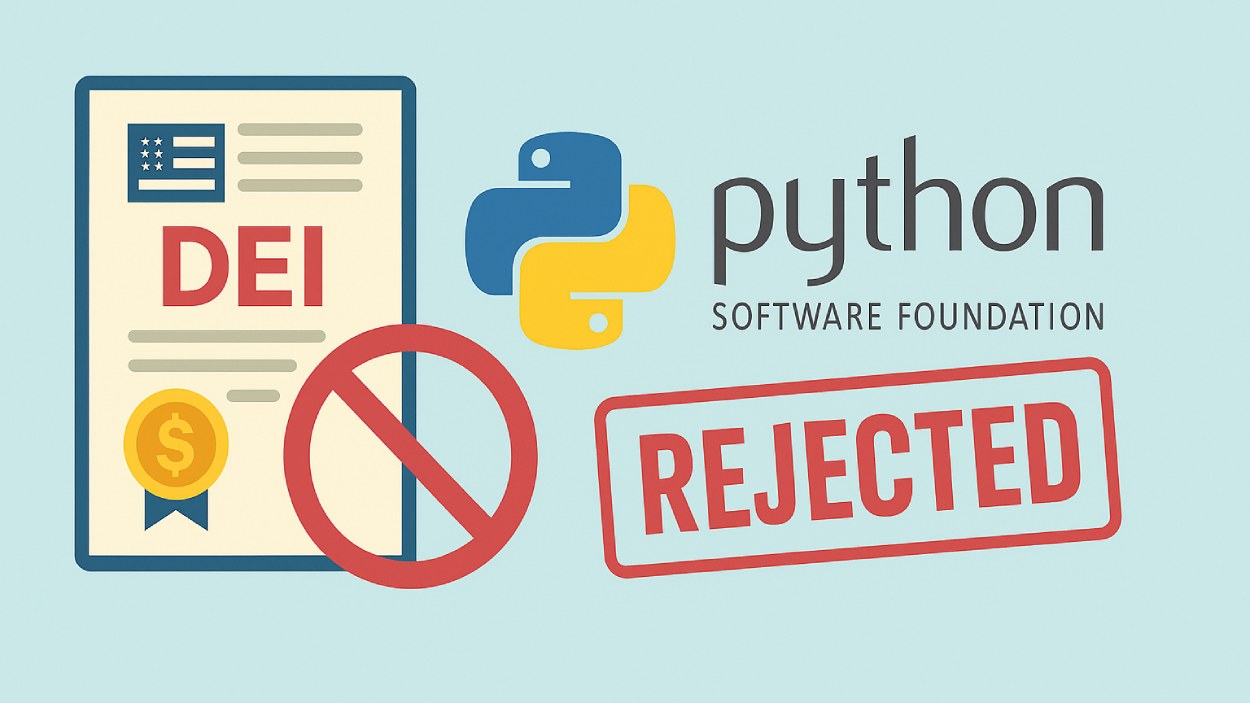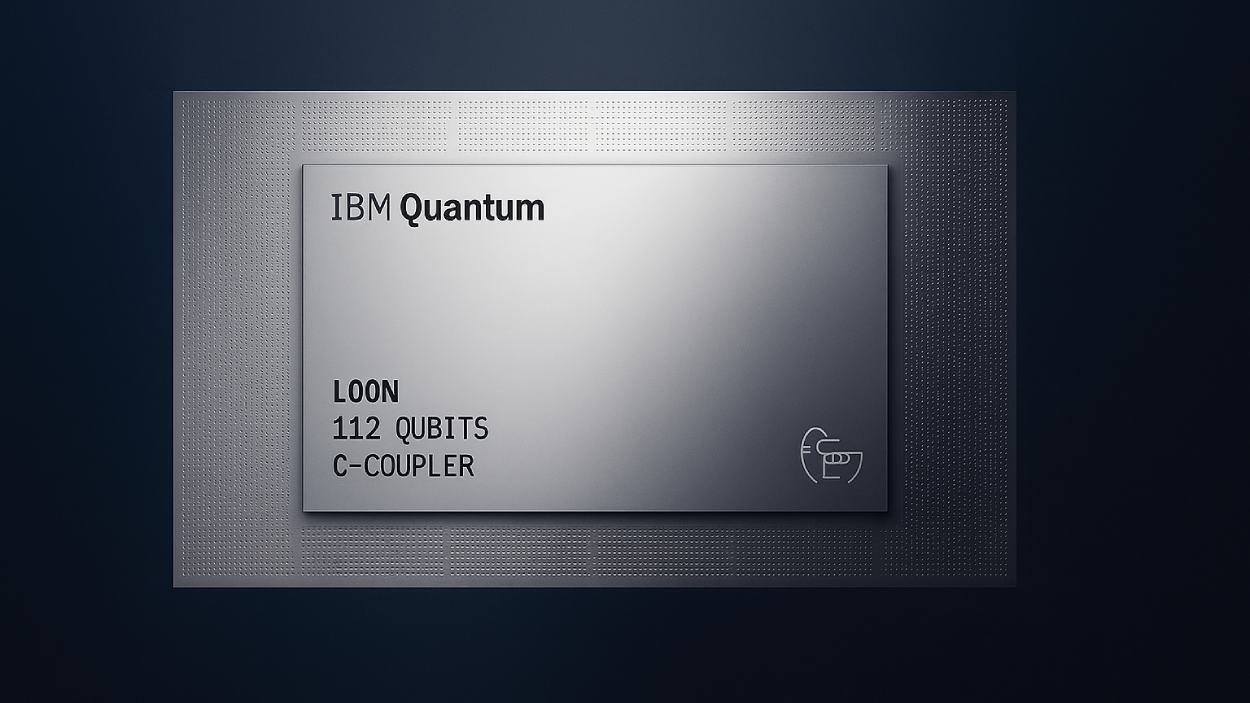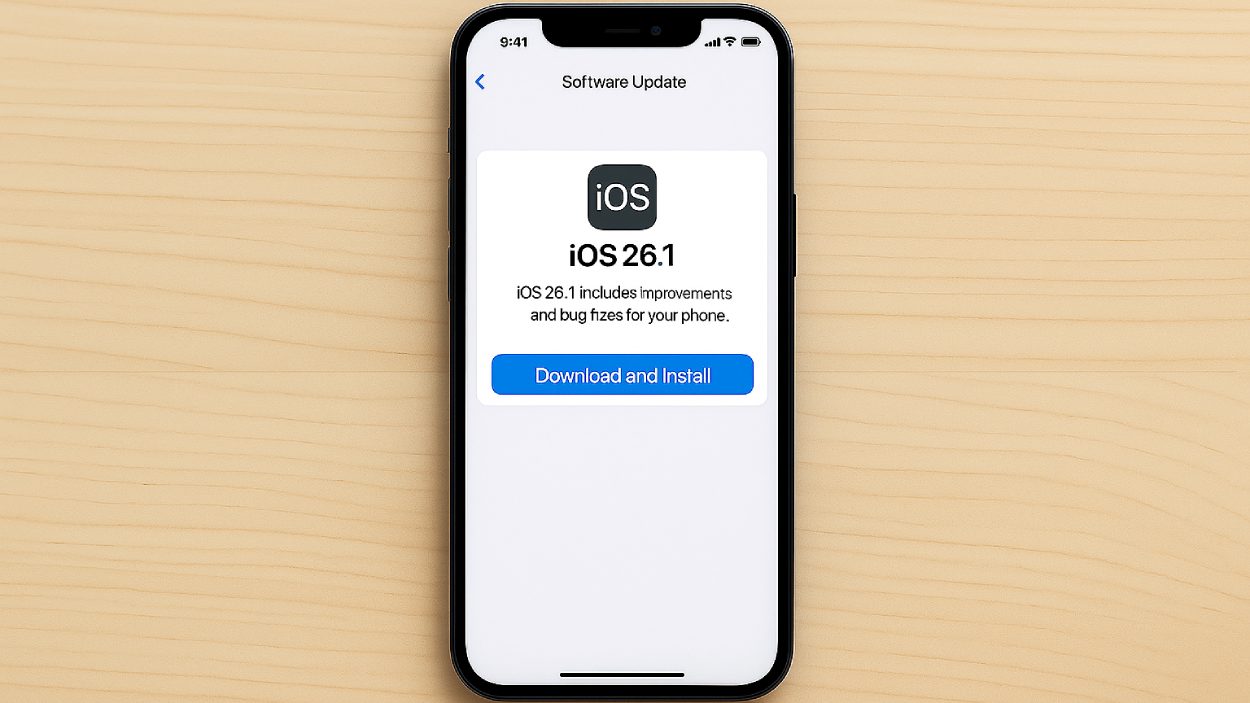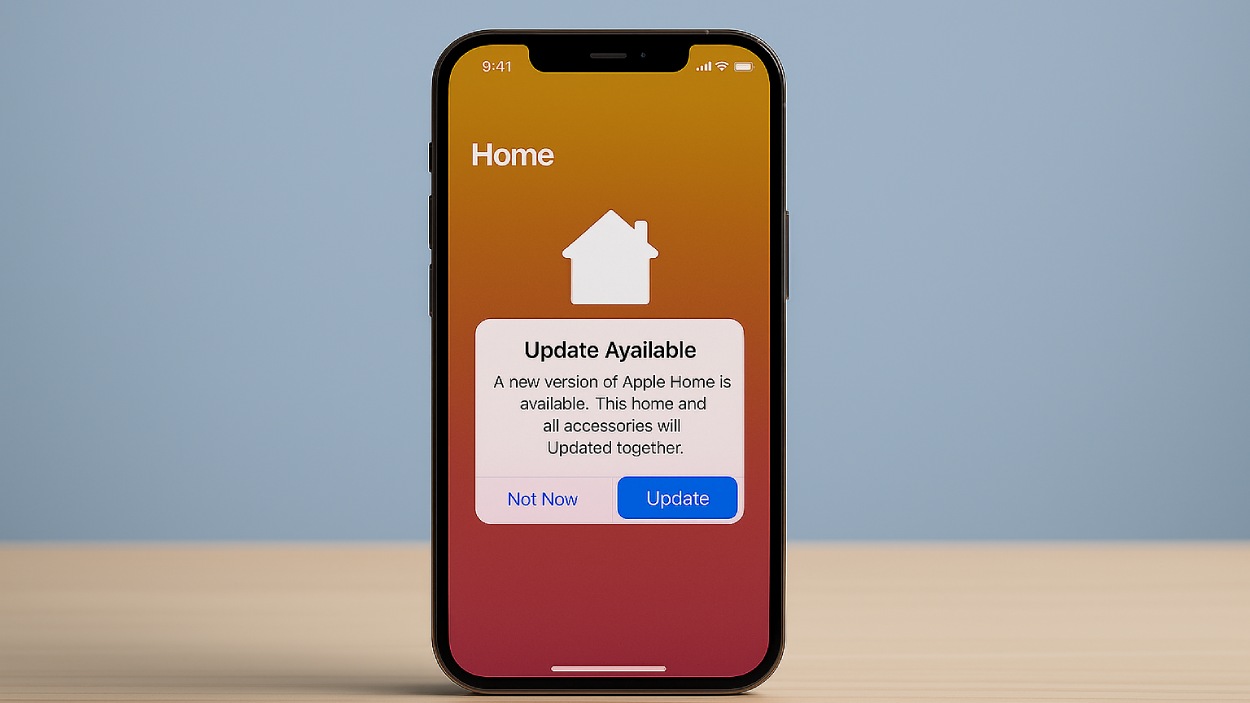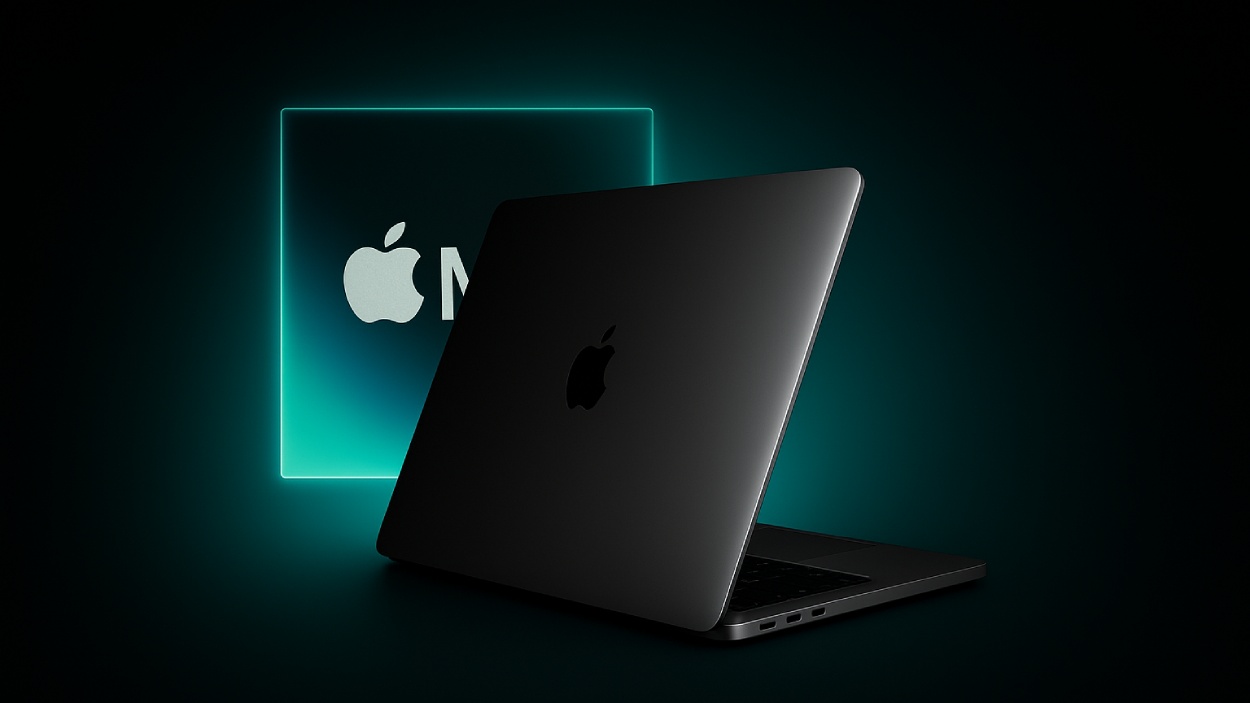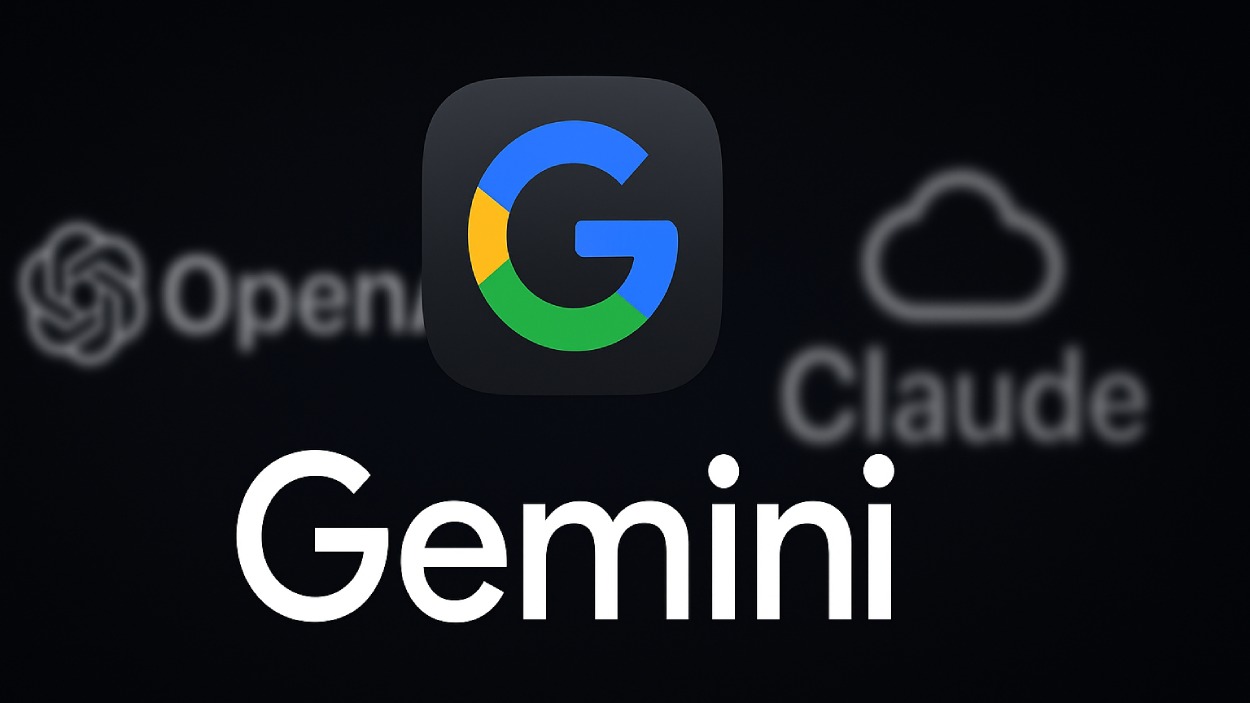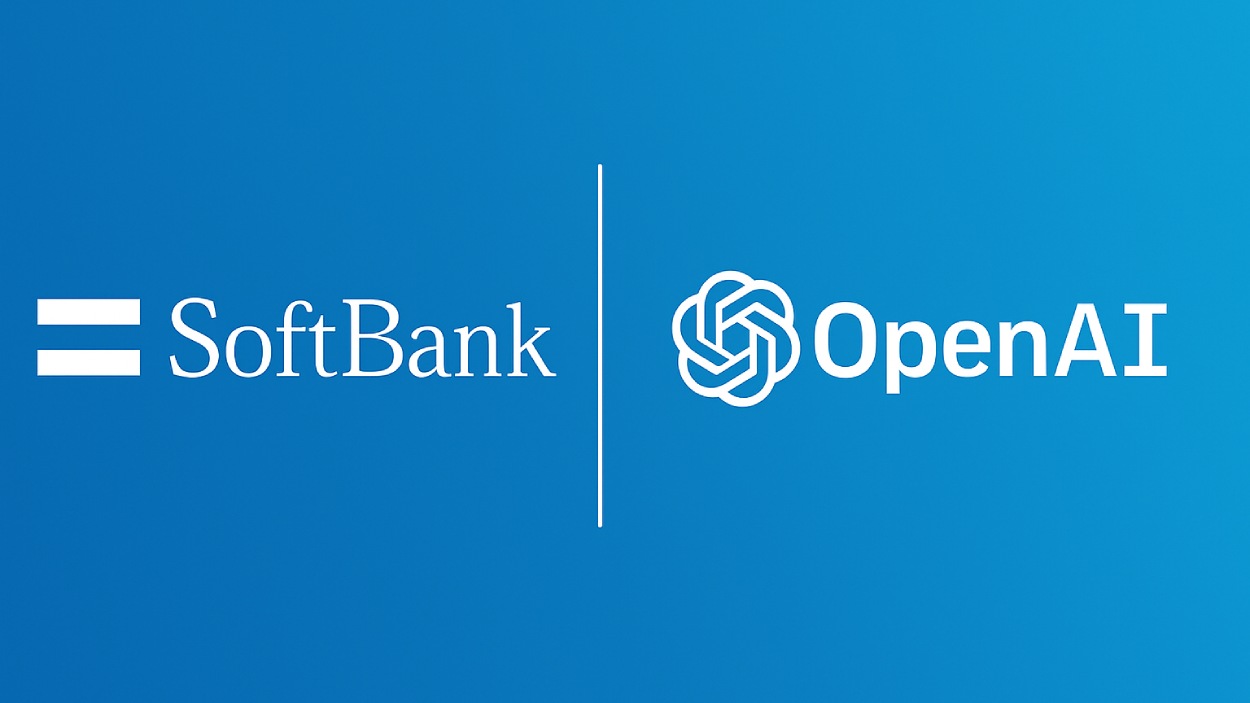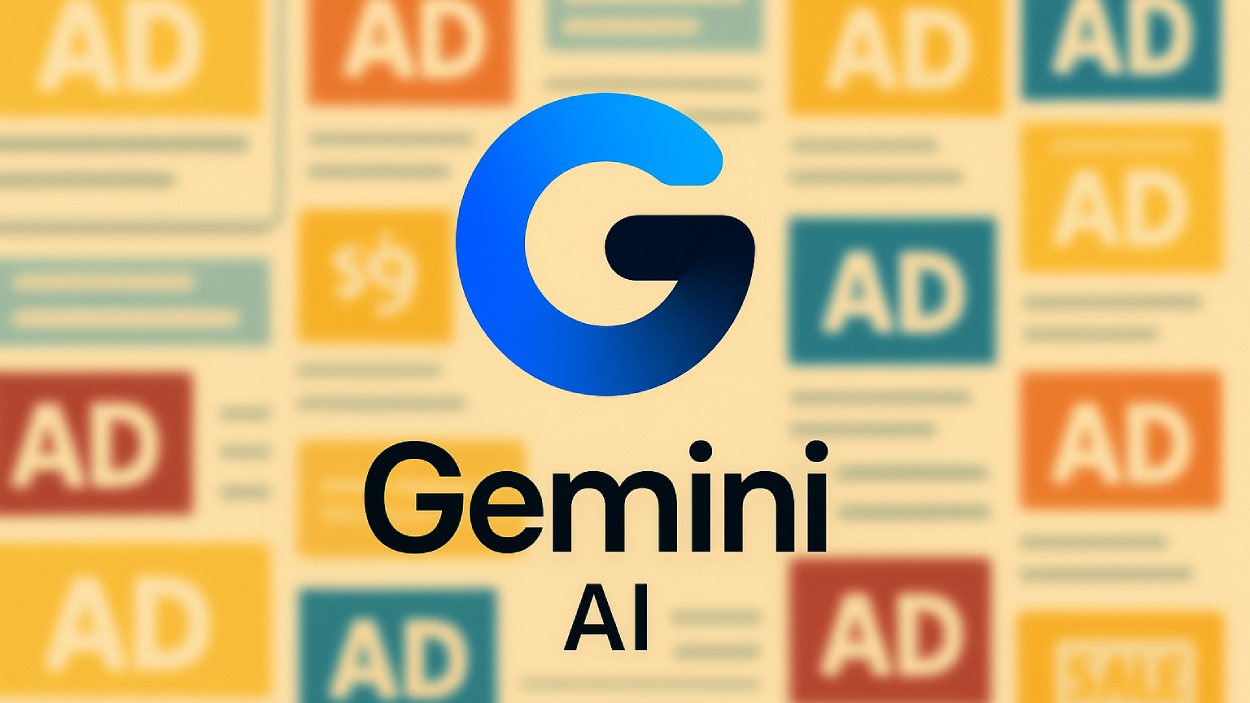Opera’s MiniPay wallet now lets users pay in USDT through popular platforms PIX and Mercado Pago, marking a major move for crypto adoption.
Quick Summary – TLDR:
- Opera MiniPay integrates stablecoin payments with PIX in Brazil and Mercado Pago in Argentina.
- Over 10 million MiniPay users can now make local purchases using USDT.
- Noah powers instant conversions so merchants receive local currency.
- New ramps in Latin America and Canada expand MiniPay’s payment ecosystem.
What Happened?
Opera has updated its MiniPay stablecoin wallet to support real-world spending in Latin America. The wallet now connects USDT balances directly to PIX in Brazil and Mercado Pago in Argentina, allowing users to scan QR codes and pay merchants in their local currencies.
Yesterday @EFDevcon, we shared one of the most important evolutions in MiniPay so far:
— MiniPay (@minipay) November 20, 2025
We’ve started rolling out a way to spend a stablecoin balance over the local payment rails starting with Latin America.
PIX 🇧🇷 and Mercado Pago 🇦🇷 are the first step.
Full story ->…
Stablecoins Go Real World in LATAM
MiniPay, a self-custodial stablecoin wallet built on the Celo blockchain by Opera, is enabling everyday crypto use in Argentina and Brazil with a new feature called “Pay like a local”. Launched during Ethereum’s Devconnect conference in Buenos Aires, the feature lets users spend USDT (Tether) for in-store and service payments by linking to the region’s most widely used payment systems.
With this upgrade, MiniPay’s more than 10 million users can now use their digital dollar balances to make real-time purchases. There’s no need to convert funds manually or use centralized crypto exchanges. Instead, users can scan QR codes and pay directly using their MiniPay app.
The feature is powered by Noah, which handles instant conversions behind the scenes. That means merchants receive Argentine pesos or Brazilian reais without having to deal with crypto at all. This brings digital currency spending closer to the kind of fast, seamless payment experience people expect from traditional financial systems.
Big Names Behind the Scenes
To roll out this capability, Opera partnered with infrastructure providers including:
- Noah, powering real-time conversion and payment routing.
- El Dorado, offering peer-to-peer on/off-ramp services across six Latin American countries.
- Alfred, which brings compliant cash-in and cash-out options across key corridors.
- Paytrie, a Canadian-registered partner helping to support cross-border payment flows between Canada, the US, and Latin America.
These integrations allow MiniPay users to quickly convert between local currencies and USDT, send money, and transact with minimal fees. The system ensures transparency and reliability with pricing and liquidity across regions like Brazil, Argentina, Colombia, Bolivia, Paraguay, and Peru.
From Speculation to Real Utility
Opera’s Director of Global Communications, Julia Szyndzielorz, told CoinDesk the initiative reflects crypto’s shift away from speculative trading toward real-world applications. “Pay like a local” is designed to unlock the full spending power of stablecoins in economies where foreign cards often fail, and local systems dominate.
Murray Spark, Head of Commerce at MiniPay, emphasized the user experience:
In Brazil, PIX is used by over 76% of the population and processes 80% more transactions than credit and debit cards. In Argentina, Mercado Pago has 72 million users and controls 68% of the digital payments market. Tapping into these platforms gives MiniPay significant reach across two of Latin America’s largest economies.
SQ Magazine Takeaway
This is the kind of crypto news I love to see. Opera isn’t just adding another feature to a wallet, they’re helping real people spend stablecoins like actual money. Whether you’re in Buenos Aires grabbing lunch or shopping in São Paulo, this turns your USDT into usable cash. No sketchy exchanges, no confusing steps. Just scan, pay, done. It’s a serious step forward in making crypto useful for more than just holding or trading. And honestly, it’s about time someone got it right.

